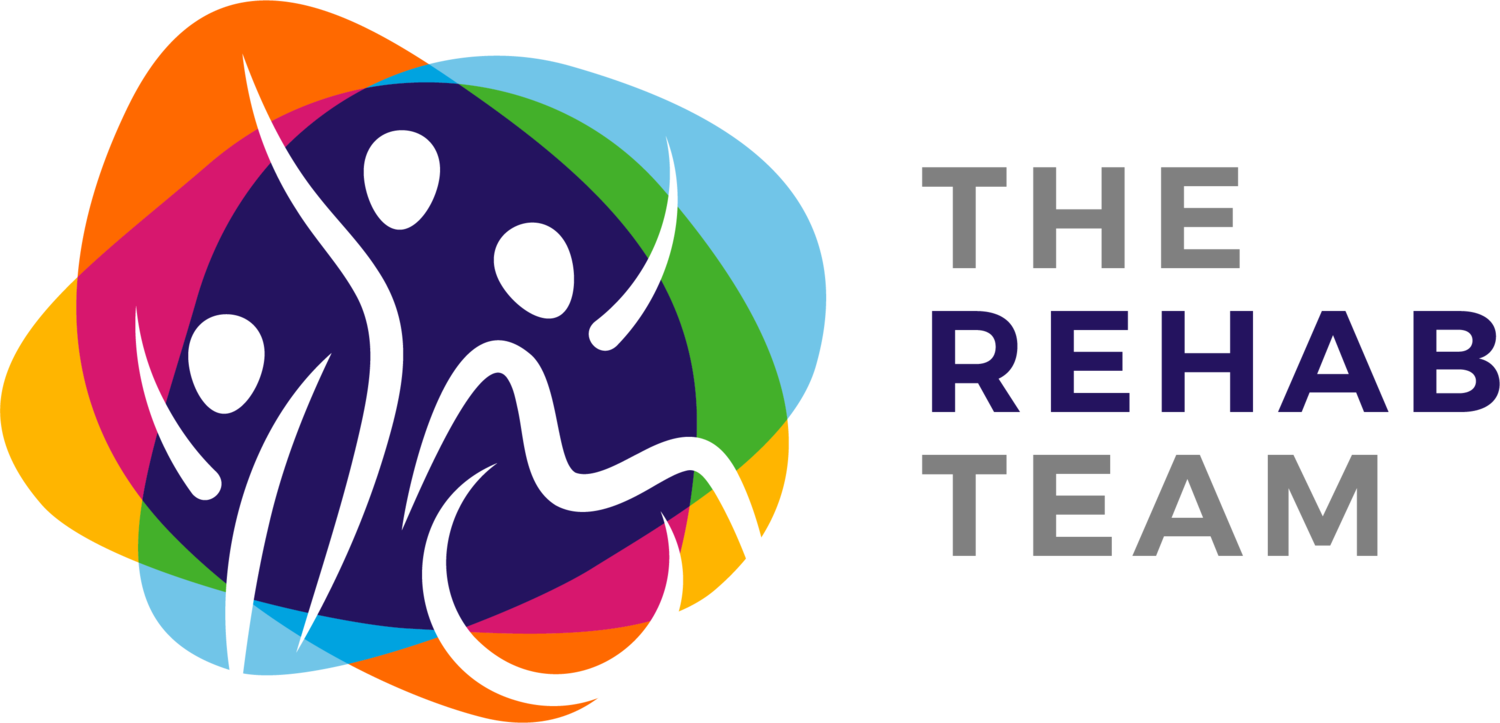Parkinson’s - How to play the long game
We have all heard of Parkinson’s. It is also well known that there is no known cure for Parkinson’s and that the best form of management is a combination of well-managed medication by your Neurologist and Parkinson’s specific exercise.
There are many motivational sayings and even more statistics to encourage those with Parkinson’s to live an active lifestyle. Exercise is medication. Motion is lotion. Choose to move. Use it or lose it. Regardless of what we know, it can still be challenging to start and continue exercising. A phrase I often use with my Parkinson’s clients is, you need to play the long game. Evidence suggests that people living with Parkinson’s that complete the correct type of exercise daily have the potential to slow the progression of their Parkinson’s. In order to do this, you need to think ahead, start how you mean to continue and not start your exercise with a hiss and a roar only for it to fizzle out in a month.
There are many barriers to exercise. Brainstorming solutions to overcome these barriers is required to take control, get moving and stay moving. This article focuses on a few barriers to playing the long game with Parkinson’s.
Boredom
A common barrier to exercise is boredom. A lack of enjoyment while exercising does not bode well for long-term, daily exercise. Have a think about what you enjoy and what peaks your interest? Having a variation in your weekly exercise plan is essential. Think group class on Monday’s, Bike ride on Tuesdays, home-based Parkinson's programme on Wednesdays and so on… There are many modes of exercise such as dancing, biking, tai chi, yoga and boxing that have shown beneficial gains for those living with Parkinson’s. The more you have fun while exercising the more likely you are to return to it. Try exercising to music, changing the location, or buddying up with a friend or family member to bring greater enjoyment. You can even make a competition out of it!
Access
Another barrier to exercise is access. Exercise equipment, gym memberships and exercise classes can be costly and also require transportation which can be an issue for many. Many Parkisnon’s specific exercises can be adapted to complete in your own home. As we often say at The Rehab Team, your home is the most important place to move well in. Therefore it is one of the most important places to exercise in.
Measure it
Many of those who already exercise may have difficulty maintaining that exercise program. Consider measuring your progress and setting goals. This can be simple by tracking with pen and paper in an exercise log or more technical via an application downloaded on a mobile device or through an activity tracker. Booking an assessment with a Parkinson’s trained Neurological Physiotherapist to complete a full assessment of your current function and Parkinson’s motor symptoms can be beneficial in measuring your progress as well as ensuring the exercises you are doing are individualised to your symptoms and goals.
Pain and fear of injury
Pain and fear of injury are important barriers to address. Learn how to warm up and cool down to prevent injury and learn how to exercise appropriately considering your age, mobility level, balance abilities and health status. To have an understanding of why you are doing a particular exercise can help safeguard you against future injury too. It is important to seek the advice of a medical professional to guide you in the most appropriate exercise prescription.
Exercise does not replace neurological physiotherapy
Remember that exercise, including group exercise is not a replacement for neurological physiotherapy. It is the role of your physio to complete regular and individualised assessments, prescribe and progress exercise as well as address your function. This is how your body moves in your daily activities from posture, balance to analysis of your gait pattern. It is best to seek out a physiotherapist so that you can pre-habilitate by being knowledgeable in order to fight back against your Parkinson’s instead of waiting to rehabilitate in the future.
So, how are you going to play the long game?
If you found this article interesting and you would like to read more, you can check out our other blogs here. If you would like to get in touch with The Rehab Team, click here.

